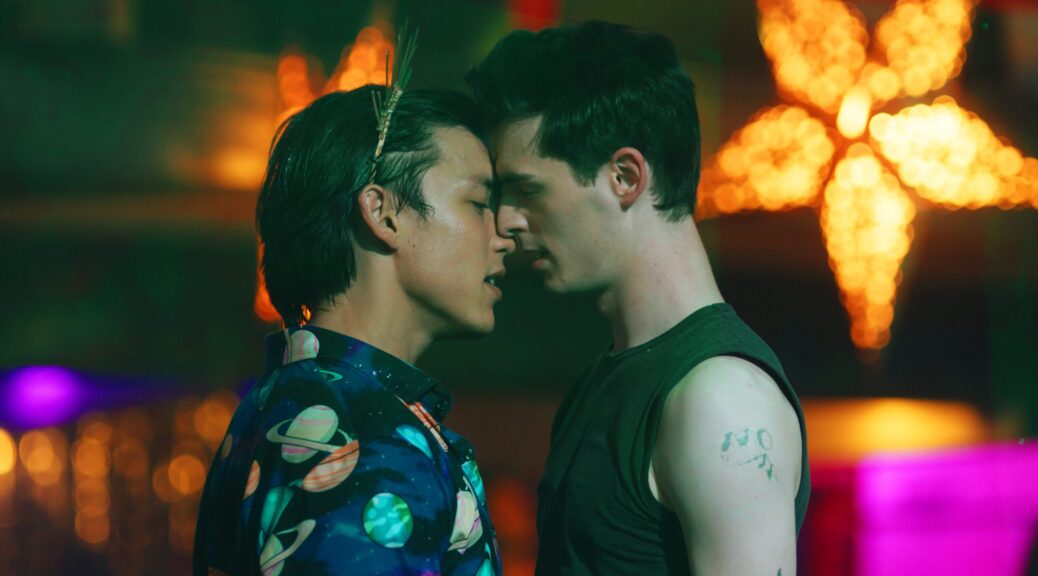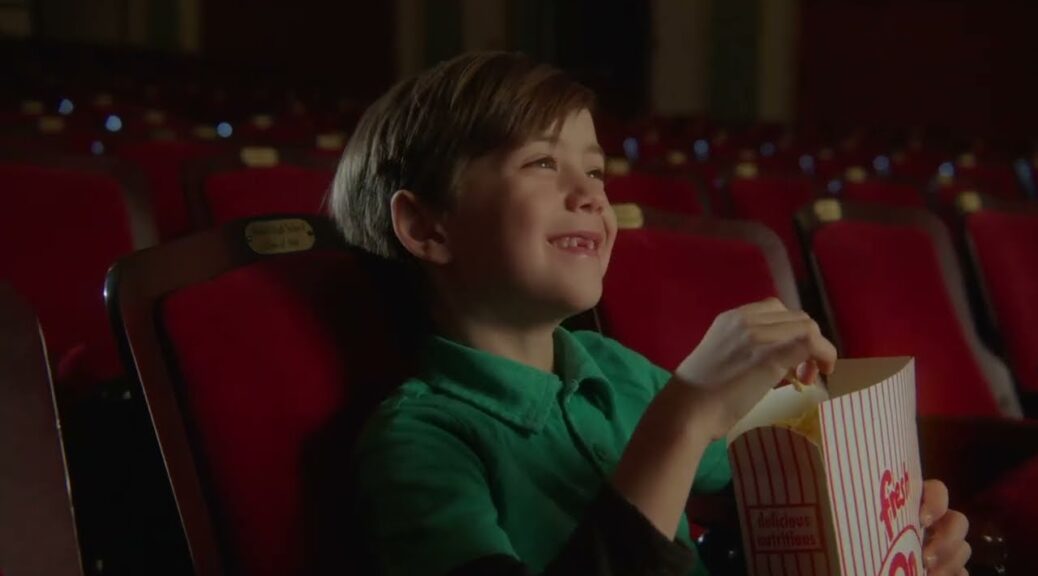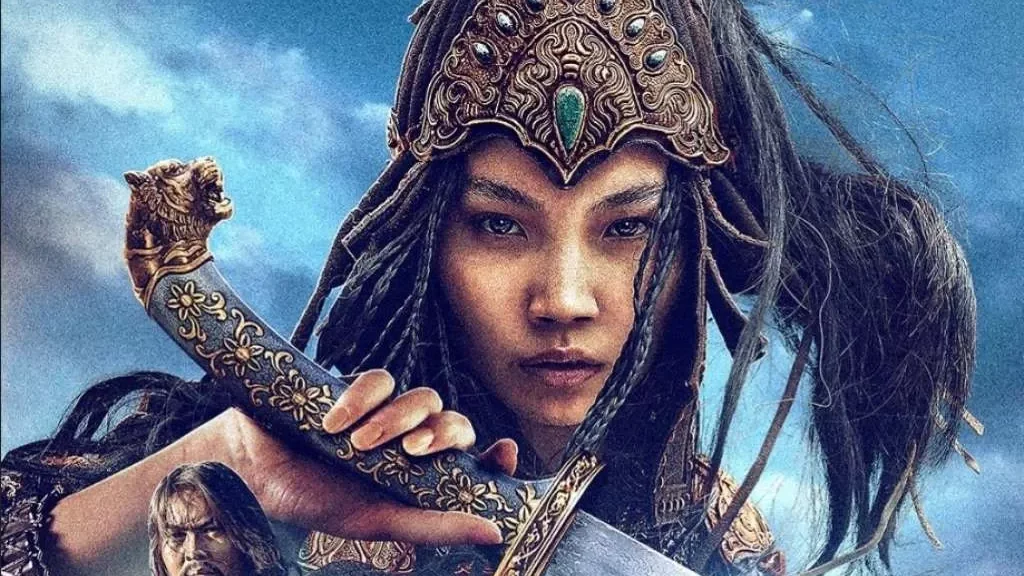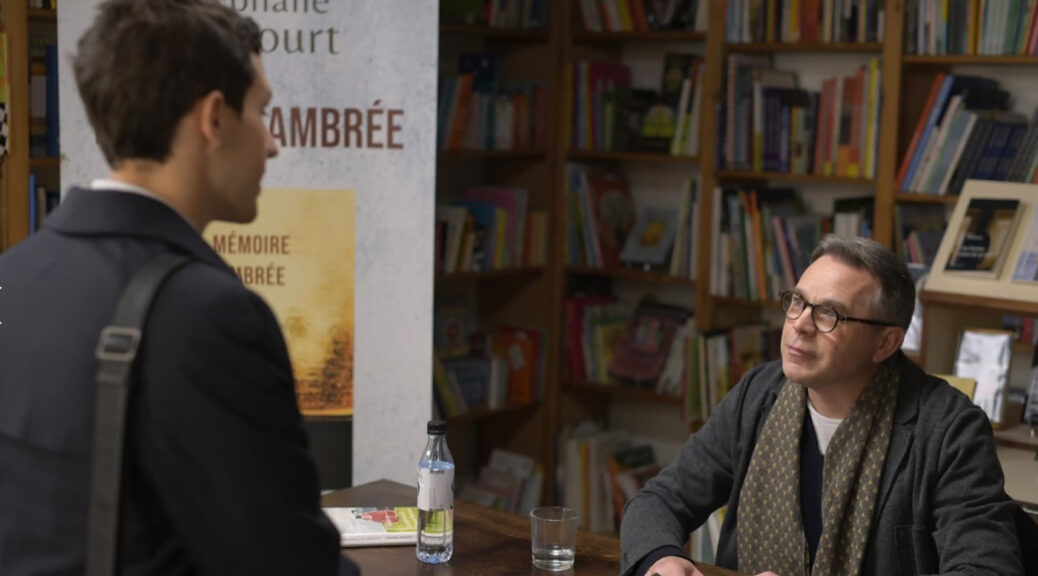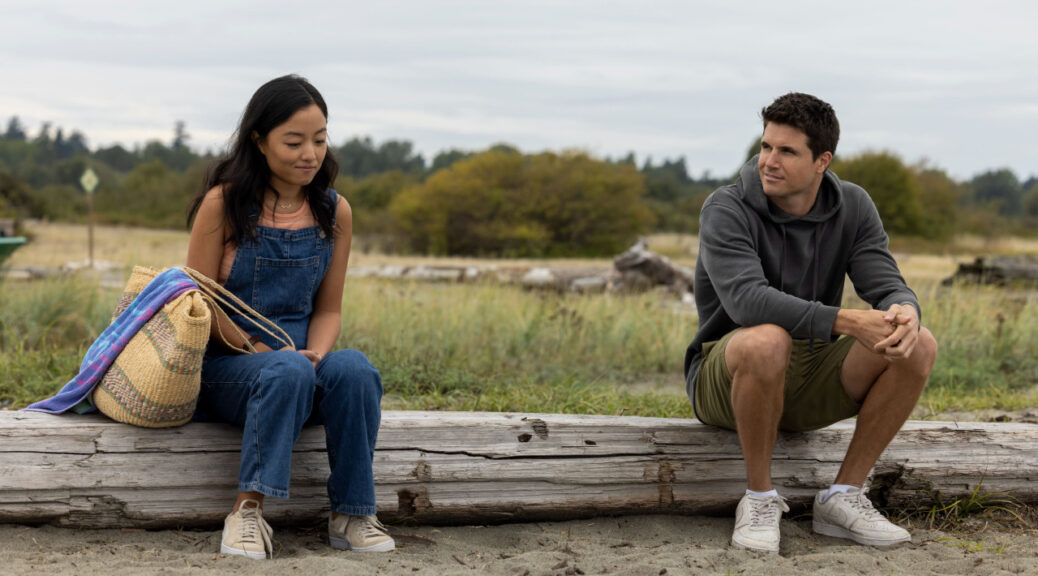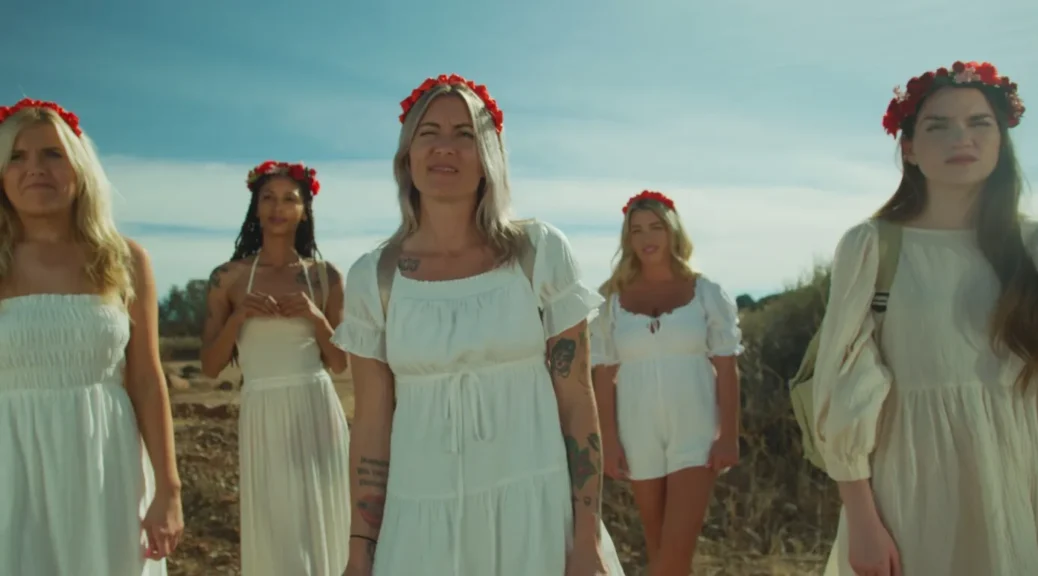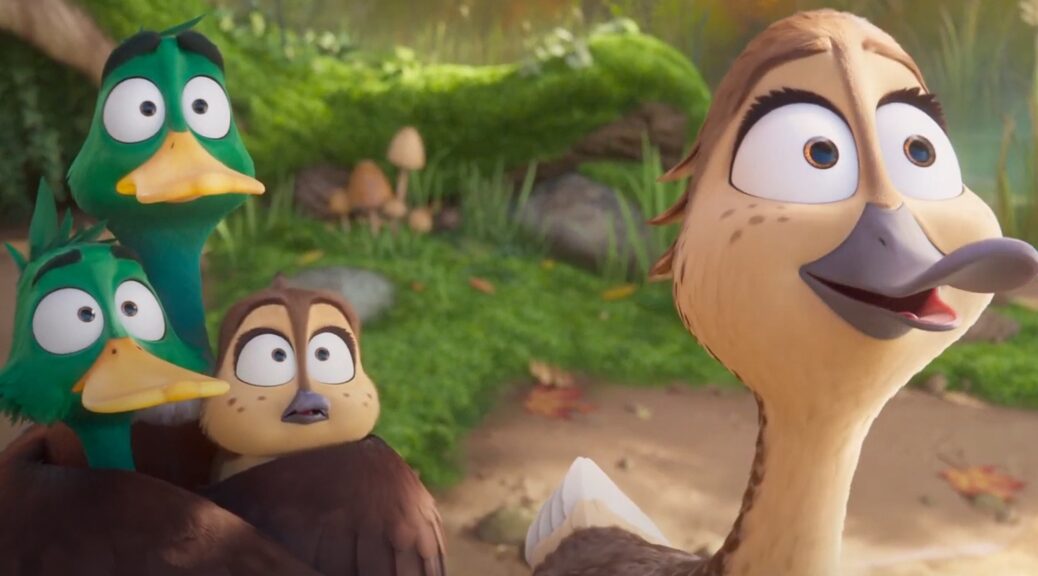Food Inc. 2
by Rachel Willis
I’ll admit I didn’t watch 2008’s Food, Inc., but the first film is not a prerequisite for watching Food, Inc. 2—an updated, critical look at the system that feeds us.
What director Robert Kenner addressed in the first film is, in part, revisited—this time with co-director Melissa Robledo. Has much changed since Food, Inc. was released 15 years ago? What role did the COVID-19 pandemic play in exposing the weaknesses in our food system? And what is ultra-processed food doing to our health?
Producers Michael Pollan and Eric Schlosser once again join Kenner in tackling the issues that come with food consumption in America. While farmer’s markets are now a staple in many American cities, and organic and free-range food is readily available in big chain grocery stores, much of what we eat is still controlled by only a handful of companies.
The point is made early that what was started with the original Food, Inc. wasn’t enough.
The filmmakers make a strong case for the fragile nature of our food supply. The COVID pandemic brought into sharp relief the problems with having so few suppliers for our food. Footage shows milk being dumped, pigs euthanized, and produce wasted while store shelves stand depleted. It’s a harsh fact brought to light: the food industry is based on predictability. When something unpredictable happens, people go hungry.
One issue highlighted is that 80% of the infant formula market is controlled by only two companies. When one of those companies had to shut down one of their factories in 2022, parents were left desperate to find the food necessary to feed their babies—just one of many examples that demonstrate the fragility of our most important system.
Several interviews focus on the exploitation of workers harvesting and producing crops for pityingly low wages in inhumane conditions. One man makes the point that “the work is essential, but we’re treated as disposable.” In the 100+ years since The Jungle was published, it seems little has changed.
Michael Pollan is quick to highlight the war between Big Ag and nature. Moving dairy farms to the desert is unsustainable, yet regulations are few and land is cheap. When cows need water from aquifers to produce milk, people go without water.
Food, Inc. 2 raises urgent issues. It’s essential that we listen.


